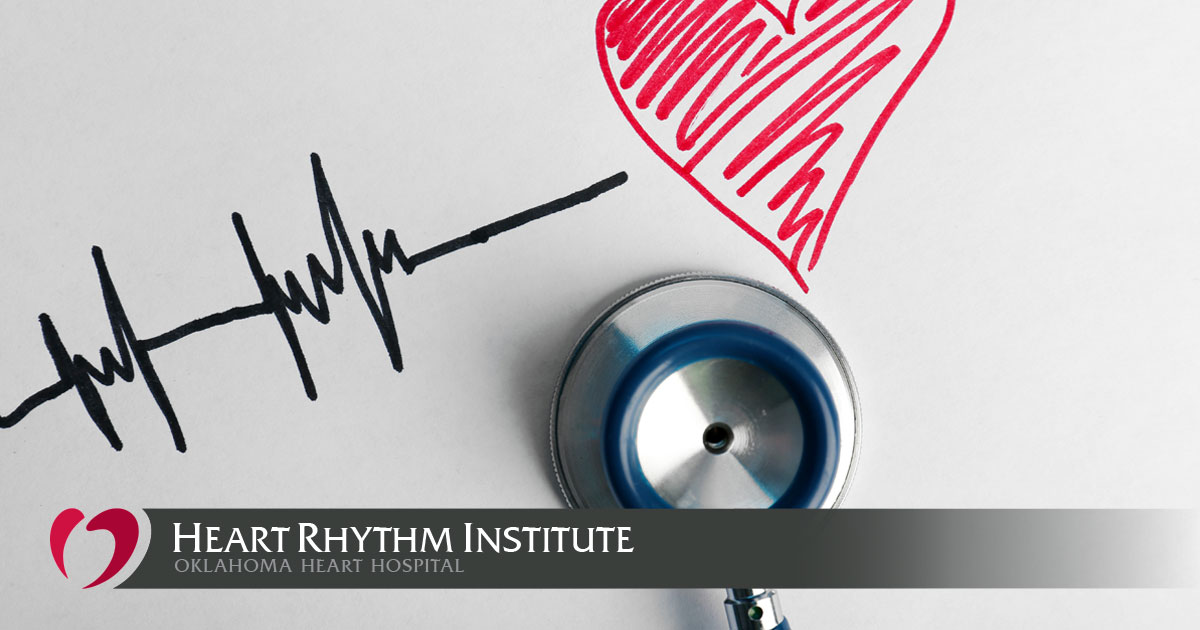Heart Palpitations: Symptoms, Causes, Diagnosis and Treatments

Heart palpitations can be described in several ways. Some people describe them as feeling like their heart skipped a beat, others call it a fluttering in their chest, and still others describe it as a racing heart or feeling like their heart is pounding out of their chest. Regardless of how people describe it, the bigger question for most is, “How concerned should I be?”
Heart palpitations are fairly common and often not a serious medical concern, especially if the palpitations occur infrequently. There are times, however, that heart palpitations are a symptom of a more serious condition. Individuals with a family history of heart disease may choose to see their family physician or a heart specialist at the first sign of palpitations. Call your doctor or seek other medical attention if heart palpitations are accompanied by any of the following symptoms:
- Chest pain or tightness,
- Fainting spells,
- Severe dizzy spells, or
- Shortness of breath.
Infrequent palpitations without accompanying chest pain, dizziness, or shortness of breath may not require immediate medical attention, but it’s important to monitor and record possible triggers for the palpitations. Potential triggers for heart palpitations include the following:
- Stress or anxiety,
- Exercise,
- Heavy meals or spicy foods,
- Alcohol consumption,
- Caffeine intake,
- Nicotine, including vaping devices and smokeless tobacco,
- Weight loss supplements,
- Prescription or over-the-counter medications,
- Illegal drugs, especially amphetamines and other stimulants,
- Fever, or
- Hormonal changes during menopause or pregnancy.
For some people, heart palpitations are directly tied to one of these possible triggers and minor lifestyle adjustments can help lower the frequency of palpitations. Other people may be unable to identify a clear trigger for their palpitations, but they may experience them so rarely that the palpitations do not cause much concern.
There are also cases where a fluttering feeling or heart pounding feeling is not actually related to the heart at all. In some patients, the issue may be tied to spasms in the esophagus or other muscle groups.
While heart palpitations are common and usually not a cause for concern, it’s important to be aware of their frequency and potential triggers. If it’s something that worries you, talk to your doctor or call the Hearth Rhythm Institute at the Oklahoma Heart Hospital.
For more information, contact the Heart Rhythm Institute and connect with us on Facebook and Twitter!
